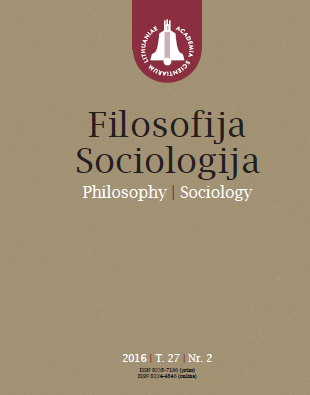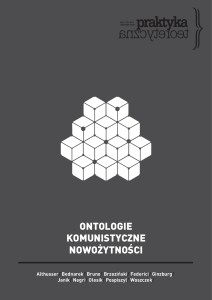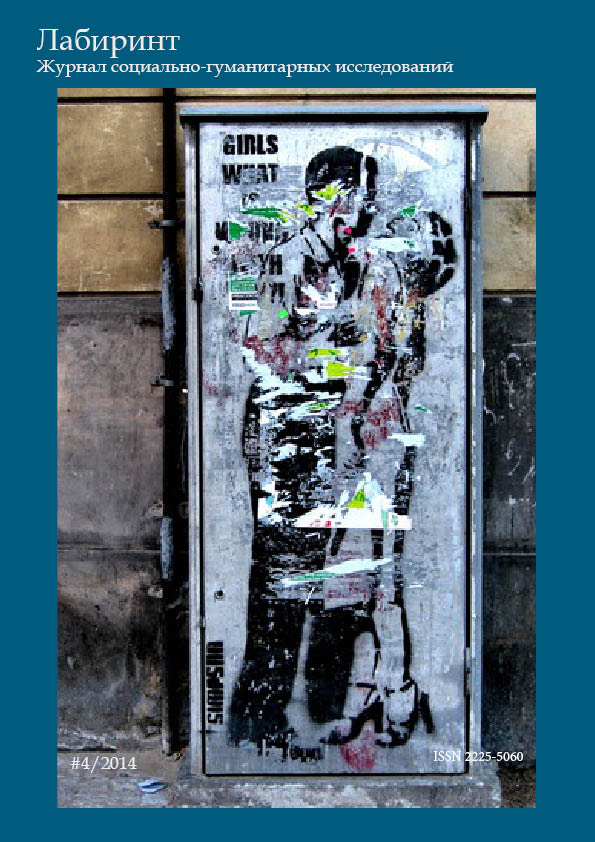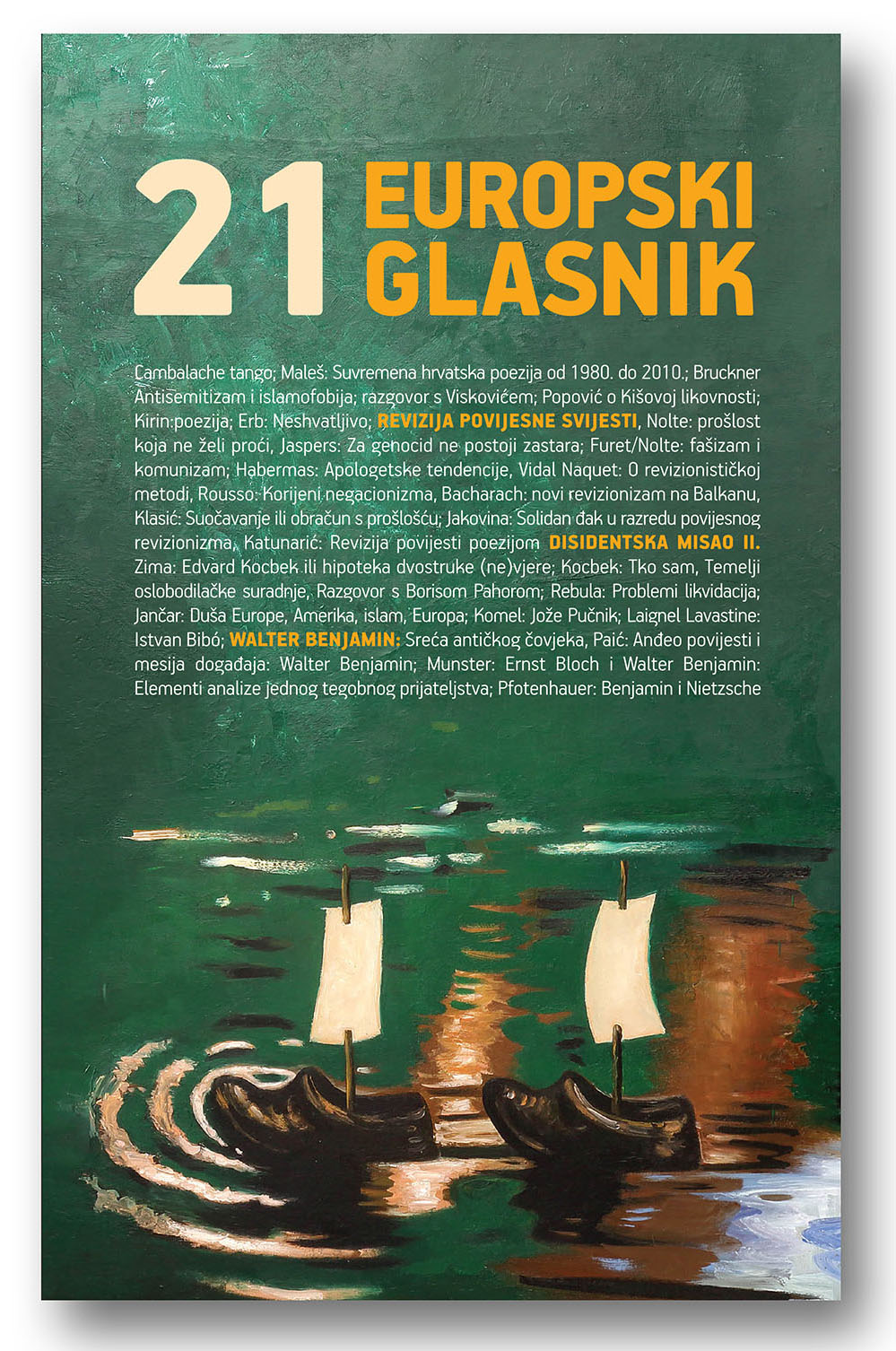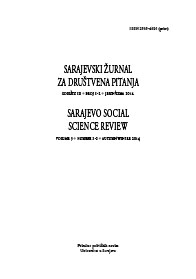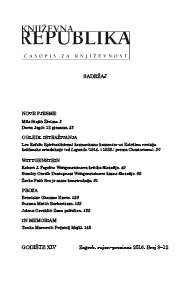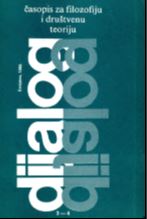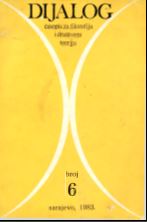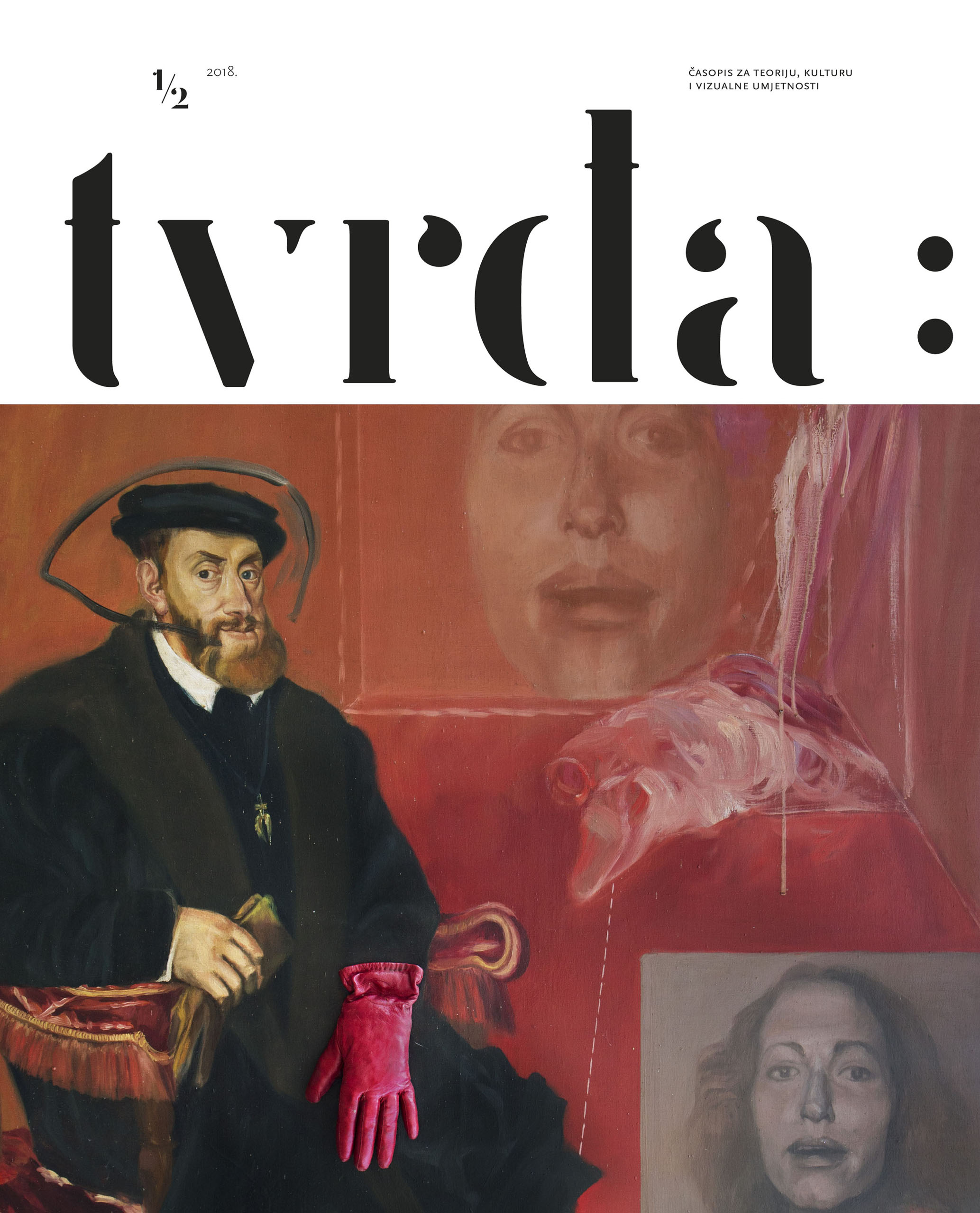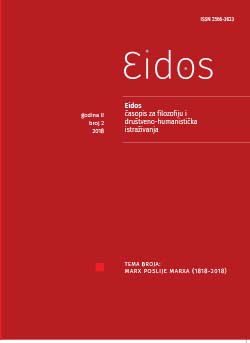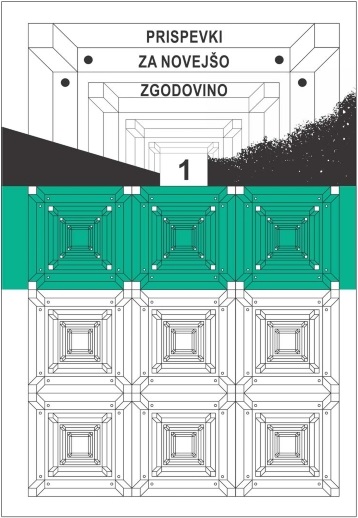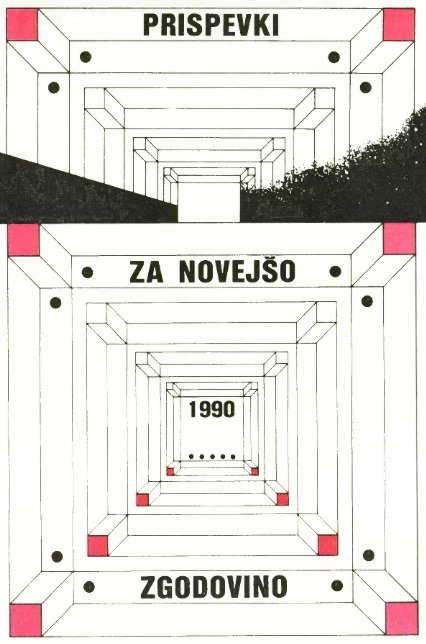Author(s): Bernard Harbaš / Language(s): English
Issue: 2/2018
Concept of the political appeared for the first time in Carl Schmitt’s theory, implying the autonomy of political decision making specific in relation to other spheres of human actions such as economy and art. With the postmodern political theory, concept of the political starts to be used in combination with the notion of politics, as a sort of counterbalance to political power of established government and its efforts to fully master the society. One of the pioneers of postmodernism, Michel Foucault, believed that the resistance to totalitarian efforts of every politics is performed through caring of self (souci de soi), that is, through our individual action manifested as a sort of micropower and representing a counterbalance to official politics. That way, individual action represents the action which limits government’s efforts to fully equate politics and social life. Thus, certain sorts of consumption, as one of the fundamental economic activities, can be interpreted as a sort of political activism. Consumption, as a resistance to official politics and economy, can in contemporary context be noticed in projects like slow-food nutrition, buying of second-hand products, rejecting to ware cloths made of fur, rejecting to purchase from socially irresponsible corporations. Political activism can be noticed in production as well, which can be seen in the examples of Marx’s analyses of this activity. For Marx, only in communist epoch, production becomes an important activity because only then it is transformed from slavery work into a means through which individual capacities and senses are developed. In the communist epoch, with the abolition of private property, production becomes free and creative activity. In contemporary context, “free and creative production” can be perceived in the organic food production, use of already used materials when making cloths and furniture, hand-made production of cosmetic products, in so called home-made production. As it can be seen, consumption and production don’t necessarily have to represent products of global capitalism and ways through which the control over the working class is performed. On the contrary, these economic practices can represent both a form of political actions and to, as a “postmodern” concept of the political, function as a means in struggle against domination of capitalism and politics’ efforts to identify itself with the society.
More...
